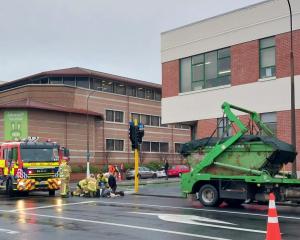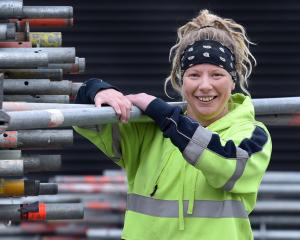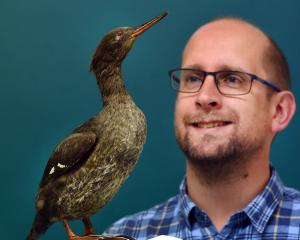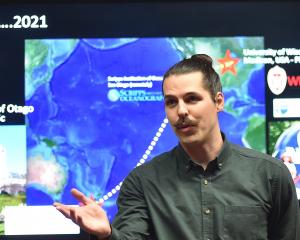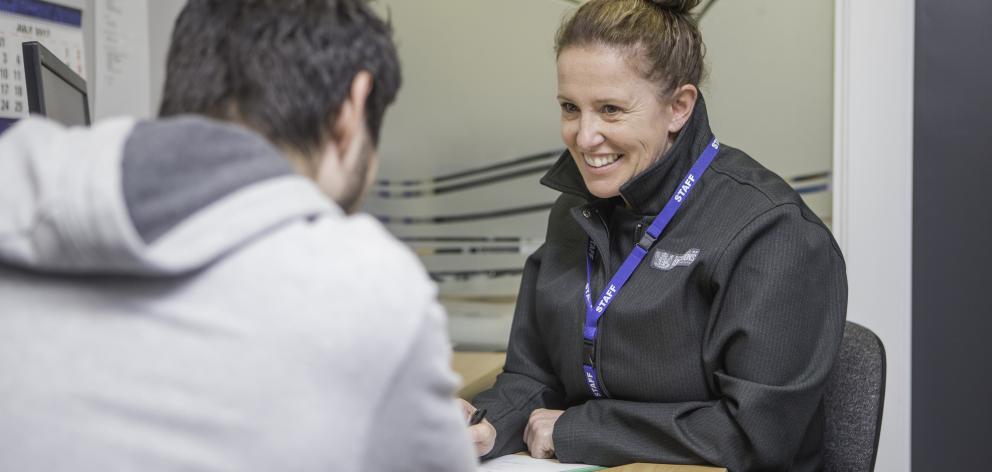
Kiwi* and his family had built the perfect life for themselves in Australia.
Then about five years ago that life fell apart when he lost his wife.
"Everything was going good until she got sick and died from cancer — that’s when I lost the plot, I think."
Before then his only run-ins with the law were because of drink-driving — alcohol was a theme in his lapses and its use would soon come to haunt him.
"My brothers could see I was falling down that way, but I wouldn’t listen," he said.
"It was part of the grieving process of losing my wife because I had been with her for 30 years."
The downward spiral was completed in 2013 when in a drunken rage he seriously assaulted his new partner.
"I can’t blame the alcohol," Kiwi said, reflectively.
"I know what I did was wrong.
"I had to wake up, but it took prison to do that."
He was sentenced to four years’ jail for assault.
Granted parole earlier this year, Kiwi — a New Zealander who had called Australia home for the past decade — was taken from the prison in South Australia to the airport and deported to Auckland.
"As soon as I got my papers for parole — the same day I got out of prison — I was picked up by border force, straight to the airport and straight on a plane to here," he said.
He had no plans for his future; no support. All he knew was he wanted to call Dunedin home, based on a recommendation from a cellmate — a fellow deportee — in South Australia.
He had reservations about the plan, but he knew he needed a fresh start.
The support he received from the Department of Corrections — and in particular Christine Crawford, one of the department’s eight offender recruitment consultants — had played a big part in his successful reintegration to life outside the wire and in a city he had never visited before his deportation.
"Without the support of these people I probably would have ended up back in jail because I wouldn’t have known what to do," Kiwi said.
"Christine got me the interview for the job I’m working full-time in now.
"With the help of [probation officer] Dale [Walker], I went and got my licences back and a medical certificate.
"I would have been lost otherwise. I have been a worker all my life.
"To go back on the dole was a big shock, but that’s all I had."
He was given work driving trucks, his new employer expected honesty but provided a second chance in exchange.
"He’s a nice man my boss," Kiwi said.
"If you in there with all the honesty and they decide to take you on, then it’s up to you to do the job."
What had followed was a promotion, a home to call his own and the beginnings of a new life.
"There’s no turning back from here," he said.
"I’m enjoying where I am now.
"I don’t know what I ever worried about."
But Kiwi’s success story was not an anomaly.
He was one of more than 130 offenders to find employment in South Canterbury and Otago, thanks to Miss Crawford.
The department’s two-year offender recruitment consultants pilot — which aimed to find long-term, sustainable employment for offenders — started last October and had already exceeded targets, Otago district community corrections manager Raymond Clark said.
"The employment co-ordinator role has been instrumental in supporting offenders into sustainable employment," he said.
"By working with Christine, employers are confident they have a proper understanding of the candidate’s criminal past in the context of their rehabilitation, skills and willingness to work."
Miss Crawford said Otago’s employers had been increasingly open to offering offenders work.
"Employers have been impressed with the training provided at OCF [Otago Corrections Facility]," she said.
"I am always getting calls from employers impressed with the loyalty, work ethic, willingness to learn and enthusiasm of the people we are placing."
Her role included helping those who were released from prison, on community sentences or deported from Australia to prepare for employment.
She helped create a CV, develop interview skills and provided assistance to find work.
"The vast majority of people we work with are keen to find a job," she said.
"They generally have excellent attitudes. I always reference check them and often they have a good record of working hard and just need someone to connect them with an opportunity.
"Some have skills and qualifications learnt on a prison industry course and it’s great when they can use these skills in a related workplace."
Research showed employment was instrumental in helping offenders maintain a crime-free life outside the wire.
Employers could get subsidies for equipment and training through Work and Income New Zealand to help employ offenders.
"We keep in touch with the employer and the employee throughout the start of the job," Miss Crawford said.
"Often people start with a stepping stone job, then move on to better opportunities.
"Were always keen to speak with employers who are willing to offer a second chance that turns potential into real change.
"Giving people a chance at employment makes a difference for everyone."
*Kiwi’s real name was withheld to protect his privacy.


